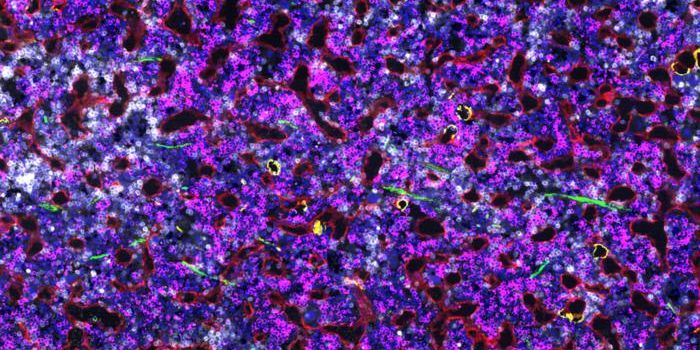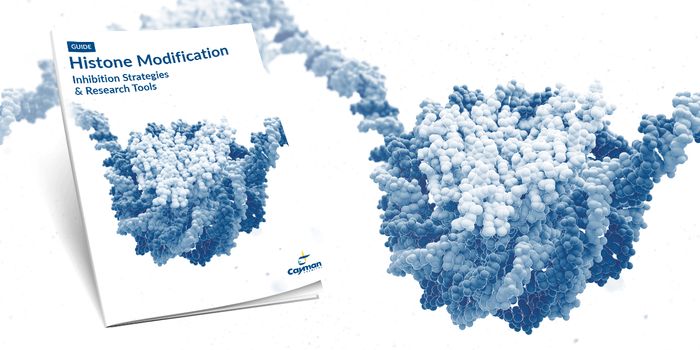Chemotherapy that’s intended to kill cancer could, in some disturbing twists of fate, help cancer metastasize. Alarmingly, a team of scientists recently found that the common chemotherapy drug paclitaxel may help breast cancer cells spread to the lungs in a rodent model.
Paclitaxel (Taxol) was isolated in 1971 from the bark of the Pacific yew tree. The compound destroys cancer cells by interfering with the spindle microtubule mechanisms that allow correct alignment of the chromosomes during cell division. This interrupts the cell cycle and triggers apoptosis.
In comparing the genetic profiles between patients who received paclitaxel versus those who had not, researchers noticed some differences. Specifically, the gene ATF3 seemed to be abundantly expressed in people who had been treated with chemotherapy. ATF3, a so-called “stress gene,” is a transcription factor that’s induced by stress signals and has been linked to many human diseases, including infections, atherosclerosis, and cancer. Some diseases associated with dysregulated ATF3 include colorectal cancer and bone cancer.
Researchers at Ohio State University found that paclitaxel seemed to set off a cascade of events involving ATF3, which may allow breast cancer cells to migrate from the primary tumor location.
"This gene [ATF3] seems to do two things at once: essentially help distribute the 'seeds' (cancer cells) and fertilize the 'soil' (the lung),” said Tsonwin Hai, a professor of biological chemistry and pharmacology at Ohio State University, and the study’s senior author.
"I think it's an active process -- a biological change in which the cancer cells are beckoned to escape into the blood -- rather than a passive process in which the cancer cells get into the bloodstream because of leaky vessels," Hai added.
After unwittingly helping open more doors for the cancer cells, paclitaxel may also create fertile grounds in other organs for the cancer cells to enter. "What is surprising to us is the multitude of pro-cancer effects that paclitaxel has! It not only enhances the escape of cancer cells from the primary tumor but also facilitates the preparation of distant sites (lung in our case) in such ways that when the cancer cells arrive, they can set up shop and grow,” said Hai.
On the other hand, there are mountains of evidence supporting the anticancer effects of paclitaxel. This common chemotherapy drug has been approved for a wide range of cancers, including ovarian, breast, lung, cervical, and pancreatic cancer. It’s also important to note that the current study analyzed breast cancer cells in a mouse model. Whether paclitaxel causes the same cascade of effects involving ATF3 in humans is not yet known.
"Therefore, at this point, we are not suggesting oncologists to change their clinical practices,” said Hai. Rather, “it is prudent to keep our mind open, realizing that chemo can help treat cancer, but at the same time may increase the possibility of the spread of that cancer.”
The researchers hope that through elucidating chemotherapy’s double-edged sword, we may one day be able to modify the drug to harness only its cancer-fighting properties.
Additional sources: Ohio State University, MNT









